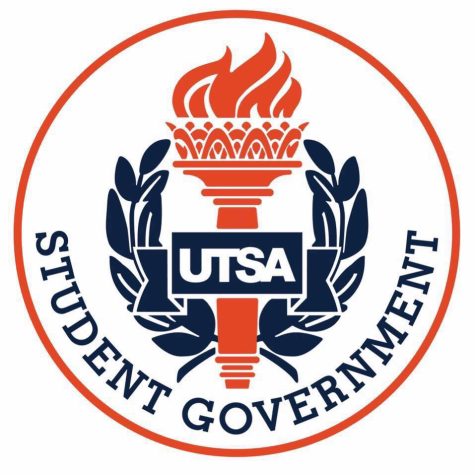How the Internet killed learning: Professor opinions on academic dishonesty
January 29, 2021
According to the Hechinger Report, a nonprofit newsroom dedicated to the topic of education, one overlooked impropriety that has emerged as schools and universities has shifted to online learning is the rise in cheating. Websites like Chegg and Course Hero can be used for extra help on assignments, but are most known for selling unlicensed test questions and answers, submitted by students, to other students.
Section 203 of the UTSA Student Code of Conduct describes one of the characteristics of cheating as, “using, buying, coercing, stealing, transporting, soliciting, offering money or other valuable things, or obtaining by any means…a non-administered test, test key, homework solution or assignment, or computer program, or using a test that has been administered in prior classes or semesters…”. The furtive usage of such websites goes contrary to UTSA’s details of Academic Dishonesty in relation to cheating by using outside material, not as a helpful resource, but as a means of concealing true academic performance.
In fact, Professor of Investments and International Finance, John Wald distinguishes between utilizing online resources and committing academic dishonesty. “If you are trying to find the exact answer to the question that I wrote I would say that’s cheating,” Wald said. “If you are trying to find something that helps you with the material that’s not cheating.”
Professor Wald has seen multiple questions and course material appear on Chegg and has since reached out to the company to request they remove his content. Despite the prevalence of academic malfeasance, Chegg was not willing to remove his material from the site without going through multiple steps. First, a form must be completed on the website then after 3-4 business days, a response can be expected. Following that, a request must come directly from the office of the dean in order to open an Honor Code investigation.
Although websites like Chegg and Course Hero claim to be in the best interest of the student, Professor Wald had an alternative opinion about the company’s effectiveness. He mentions that they have the potential to be inherently unhelpful. “What concerns me most is students will be misled into thinking that it will really help them learn the material,” Wald said. “I have a feeling if they rely on it and go over less of the material and they will get less out of the courses and do worse in the class in the long run.”
As an alternative to exams, Professor Wald suggests professors could use written assignments and use tools that are available to detect plagiarism. He mentioned that even googling short phrases and sentences can aid in detecting cheating.
“Hopefully, in the fall things will go back to normal and exams will be done in person and some of these problems will go away,” Professor Wald said.
Chegg works by students uploading course material and from there other students purchasing answers to those pieces of content, often without the professor’s knowledge. “I do feel like they are stealing stuff I have created,” Wald said. “And they have also made it difficult to remove that material, so the whole thing is upsetting.”











